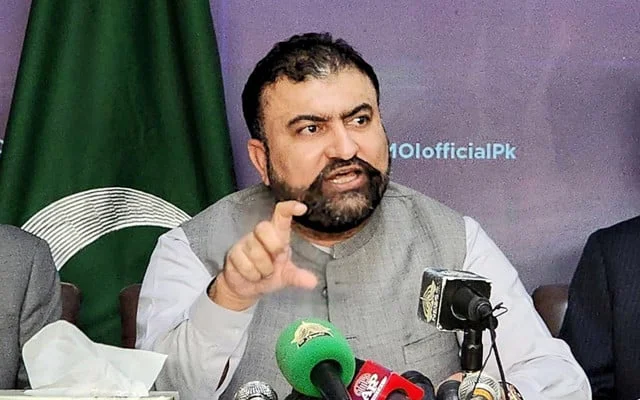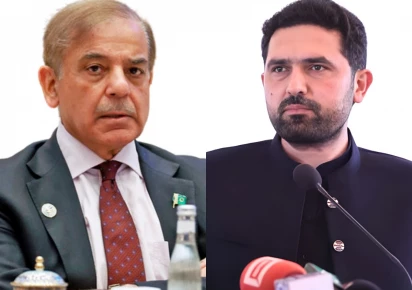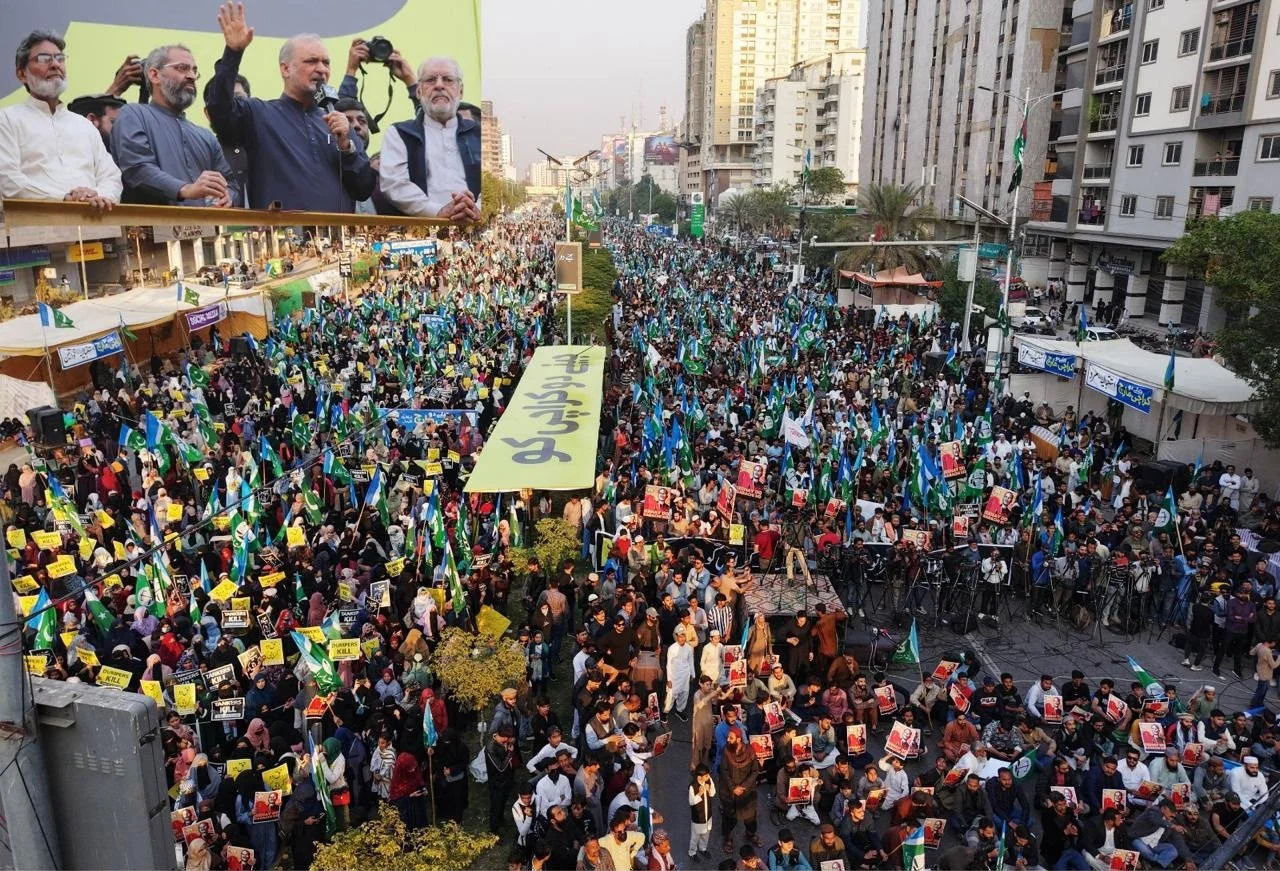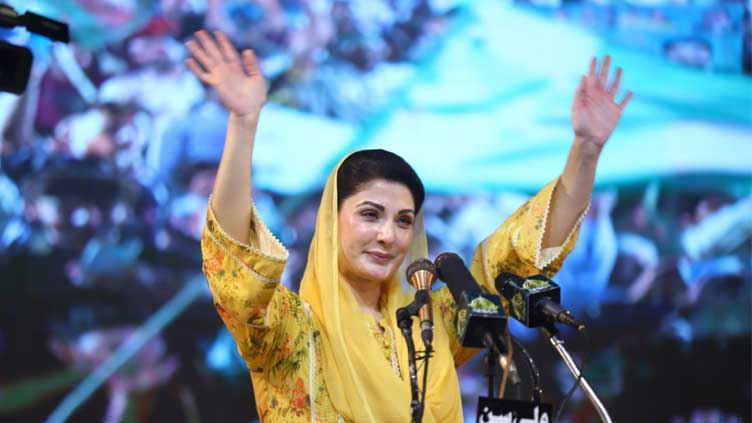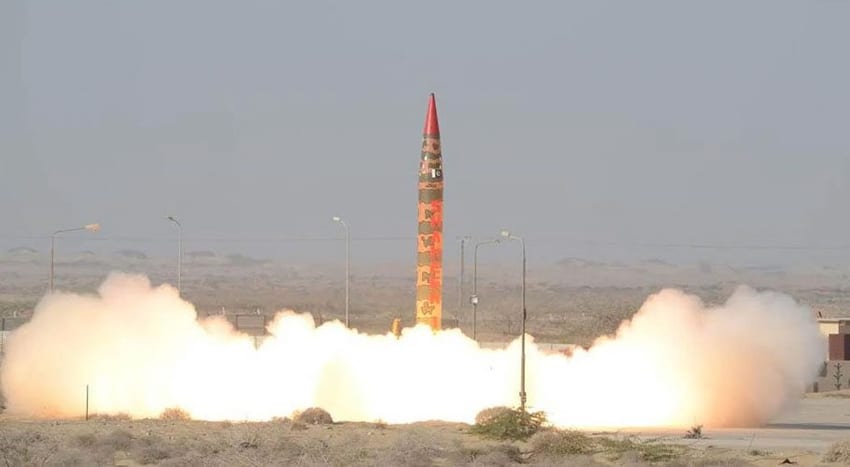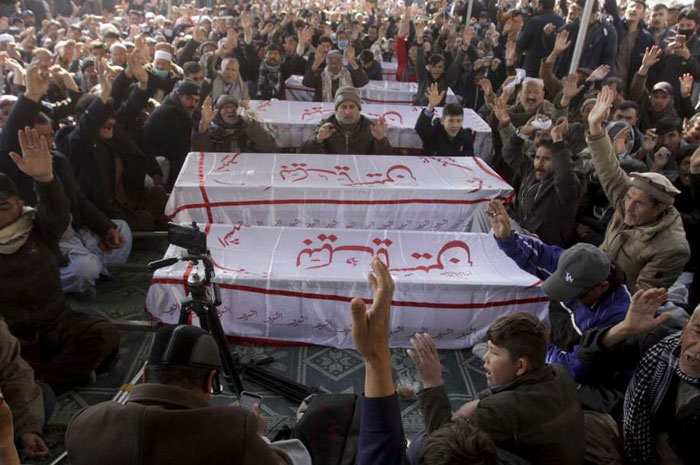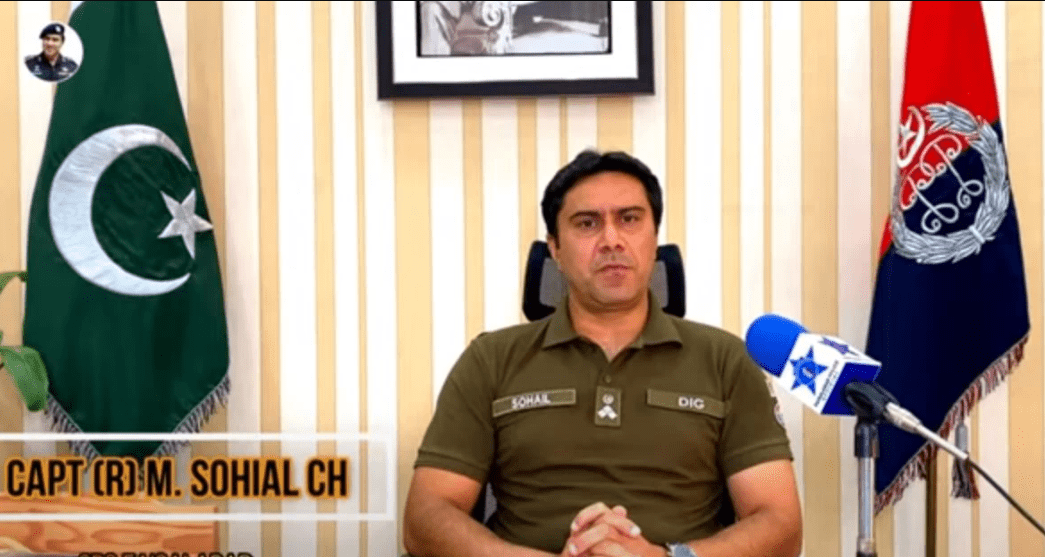'Pakistan going through very difficult period': Miftah Ismail addressing post-budget press conference
Published On 05 Jan, 2023
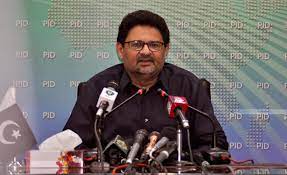
Finance Minister Miftah Ismail is addressing a post-budget press conference today, a day after he presented the Finance Bill 2022-23 in the National Assembly.
The budget outlay was proposed to be Rs9,502 billion, almost a trillion rupees higher than last year's outlay.
In his presser today, Ismail began by cautioning that the country was going through an unprecedented "very difficult period".
"I have never seen a more difficult time in the past 30 years where on the one hand the international environment is very challenging and the government or administration has worsened and nothing was done to resolve issues," the finance minister said in the media briefing alongside Information Minister Marriyum Aurangzeb and Minister of State Dr Aisha Ghous Pasha.
He offered some figures for what the government had been doing in the current fiscal year. With regard to electricity subsidies, he said Pakistan paid more than Rs1,100 billion for the purpose.
Moreover, he said, the government is compelled to pay Rs500 billion in circular debt.
Budget FY23 at a glance
The government has budgeted the total current expenditure at Rs8,694bn for FY23, which is 15.5pc higher than last year's budgeted figure.
Interest payments, or debt servicing, account for 45.4 per cent of the total current expenditure, having been increased by a whopping 29.1pc from last year to Rs3,950bn. Meanwhile, defence expenditure has been budgeted at Rs1,523bn, which makes up 17.5pc of total current expenditure and is 11.16 per cent higher than last year.
The total revenue budgeted for FY23 stands at Rs9,004bn. After subtracting provincial transfer of Rs4,100bn as part of the National Finance Commission (NFC) Award, net revenue comes out at Rs4,904bn, nine per cent higher than last year.
The government has set the tax collection target for the Federal Board of Revenue (FBR) at Rs7,004bn for FY23, which is 20.1pc higher than last year's Rs5,829bn.
Key budgetary proposals
- Petroleum levy of Rs750bn proposed
- No tax on salaries of up to Rs100,000 per month; previously minimum taxable salary was Rs50,000/month
- Taxes proposed on real estate holdings (property valued over 25m) and capital gains on property sale
- Minimum tax bracket for small business persons to be raised from Rs0.4 million to Rs0.6m
- 15pc increase in salaries of government employees
- Sales tax exemption on import of solar panels and distribution
- Advance withholding tax will be collected from those sending remittances abroad via credit, debit and pre-paid cards
- Advance tax will be increased on cars above 1,600cc
- Exemption of complete custom duty on pharmaceutical ingredients
- Rs51bn proposed for education projects
- Rs24bn for health sector
- People earning an annual income of Rs300 million or more per year are proposed to pay 2pc extra tax
- Advance 2pc tax on the value of high-value hybrid and electric vehicles.
For FY23, the overall fiscal deficit is budgeted at Rs3,798bn, which is 4.9pc of gross domestic product (GDP). Last year, the deficit was budgeted at 6.3pc of the GDP.
Total allocations for the Public Sector Development Programme (PSDP) have been budgeted at Rs2,158bn for FY23, up just one per cent from Rs2,135bn last year.
The government has set a growth target of five per cent, with Ismail saying during his budget speech yesterday that the government had to move towards "sustainable growth".
Moreover, he added, that government had set a target for 11.5pc inflation next year.
Taxes
Ismail had also announced that all people who had more than one immovable property in Pakistan with a value of over Rs25m would be deemed to have received a rent amounting to 5pc of that immovable property's fair market value. They would have to pay 1pc in tax on this deemed rental income. However, one house of every person would be excluded from this tax.
The government has also proposed the imposition of a 15pc tax on capital gains on immovable properties if the holding period was a year or less. The tax would be reduced by 2.5pc every subsequent year, eventually going down to zero once the holding period reached six years.
The advance tax rate on the purchase and sale of property for filers is proposed to be enhanced to 2pc from the current 1pc, while it would be 5pc for non-filers.
Under the budgetary proposal, the government said any citizen of the country who is not a tax resident of any other country would be treated as a tax resident of Pakistan. It said the criterion for a resident person in connection to taxation was being modified as the current regime was being "misused by wealthy individuals".
Appeasing IMF and the people all at once?
Analysts see the new budget as a balancing act by the government aimed at meeting the International Monetary Fund's conditions for a bailout package and preserving political capital.
Though Ismail didn’t mention this in his budget speech measures had been taken to meet the IMF's conditions — no matter how inflationary — the budget documents show that he has agreed to recover petroleum development levy to the tune of Rs750 billion and 17pc sales tax on fuels from consumers.
“We have made some tough decisions and this will continue [next year],” the report quoted him as saying and described the statement as a hint at the upcoming increase in the fuel prices and imposition of the taxes.
However, the report added, Ismail had also sought to provide a little bit of relief to salaried persons, pensioners, savers and small businesses by cutting their existing income tax burden and raising the salaries of civil servants.
As it went on to outline measures proposed in the new finance bill, he concluded: " Still it is pretty much disappointing to see a finance minister criticising his predecessors all along for not fixing the structural imbalances in the economy and stopping short of creating new shock absorbers to shield the people.
Private News channel Says today also highlighted that while Ismail had stayed mum in his budget speech about the increasing burden that the citizens were expected to bear after the new budget. "The budget document, on the other hand, reads as if the government simply ticked off items from a checklist handed to it by the IMF".
The editorial further said: "It is worth asking the government if this budget was designed solely to secure an IMF loan because it otherwise seems to be lacking in intent.
"There is nothing in it that suggests that the government is serious about fixing the structural imbalances inherent in the economy — the same imbalances that the finance minister had been complaining loudly about just a day earlier when he was unveiling the Pakistan Economic Survey."
